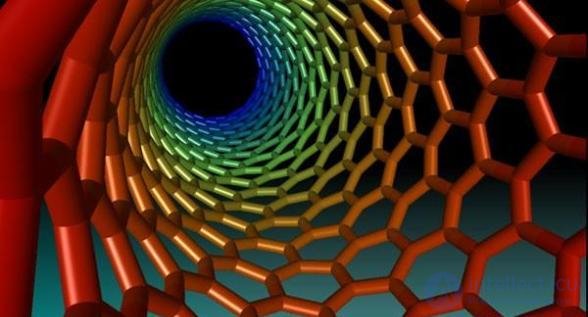Lecture
Quantum memory is a means of storing information in quantum computing. Quantum memory is a developed device for storing quantum information. One of the options for the implementation of quantum memory is to copy the states of photons onto quantum spin states of atoms. Other storage options for quantum information, in the form of individual photons, are not related to its preservation in spin systems.
One of the basic problems of quantum informatics is the problem of quantum memory, the solution of which involves the possibility of recording the quantum state of a quantum information carrier with subsequent reliable reproduction. Recently, optical technology has been proposed, which allows to solve this problem in principle, by using the possibilities of the effect of electromagnetic-induced transparency (EIT). At the same time, many problems still remain, including the practical implementation of EIT techniques for single-photon light fields that are most suitable as carriers of quantum information.
Consider the idea of implementing a quantum memory, based on the use of a modified version of the light echo. A macroscopic system of atoms in a gas with inhomogeneously broadened resonant optical transitions is proposed as a carrier of information. In this case, the recorded quantum light pulses are separated from the additional laser light pulses, which play the role of recording and restoring fields. A significant advantage of the proposed technique at the stage of the recovery of the quantum state of the recorded fields is the substantial separation in time of the “restored” light from the laser pulses, which makes it promising during the transition to single-photon fields. The proposed idea was theoretically studied by the example of the quantum state of a single-photon wave packet. An analytical solution was found for the reconstructed wave function of the photon and it was shown that the recovery probability can be close to unity. The resulting solution showed that the restored state of the photon can acquire new interesting properties, which makes it possible to use the proposed light echo technique for solving other problems of quantum informatics. The proposed light echo technique opens up fundamentally new possibilities for the future, both in solving the problem of quantum memory and in developing new methods of coherent quantum optical spectroscopy.

It is rather difficult to keep the light in space, for this it is necessary to create special containers filled with cold gas. Two teams of scientists independently coped with this task.
Scientists have created an optical resonator based on chilled rubidium atoms - a device that is a light trap that causes a beam to run between two mirrors. The combination of mirrors is the simplest quantum memory element.
Theoretically, a unit of information of quantum computers (qubit) can be stored with the help of photons, which change the energy levels of atoms. The state "0" and "1" is provided by low and high energy levels. However, it is quite difficult to read such information - atoms can simply disperse or reradiate a photon containing a qubit in a random direction.
Problems of this kind can be solved using not one, but a series of atoms in the Bose-Einstein condensate state (Bose-Einstein condensate). Jakob Reichel and his colleagues placed condensate between two mirrors representing an optical resonator for light of a certain wavelength. Cooling a large number of atoms is much easier than single atoms. And in this state they have no thermal motion, and, therefore, no drift. Thus, long storage of information is provided.

However, designing a resonator that is supposed to be placed in one chip is not such an easy task. Scientists have developed a unique design consisting of 2 optical fibers placed end to each other at a distance of 0.04 mm. With the help of a laser, the material evaporates, making the surface of the mirrors perfectly smooth.
These experiments marked the beginning of the creation of quantum computers, the main element of which would be quantum memory.
Comments
To leave a comment
Quantum informatics
Terms: Quantum informatics